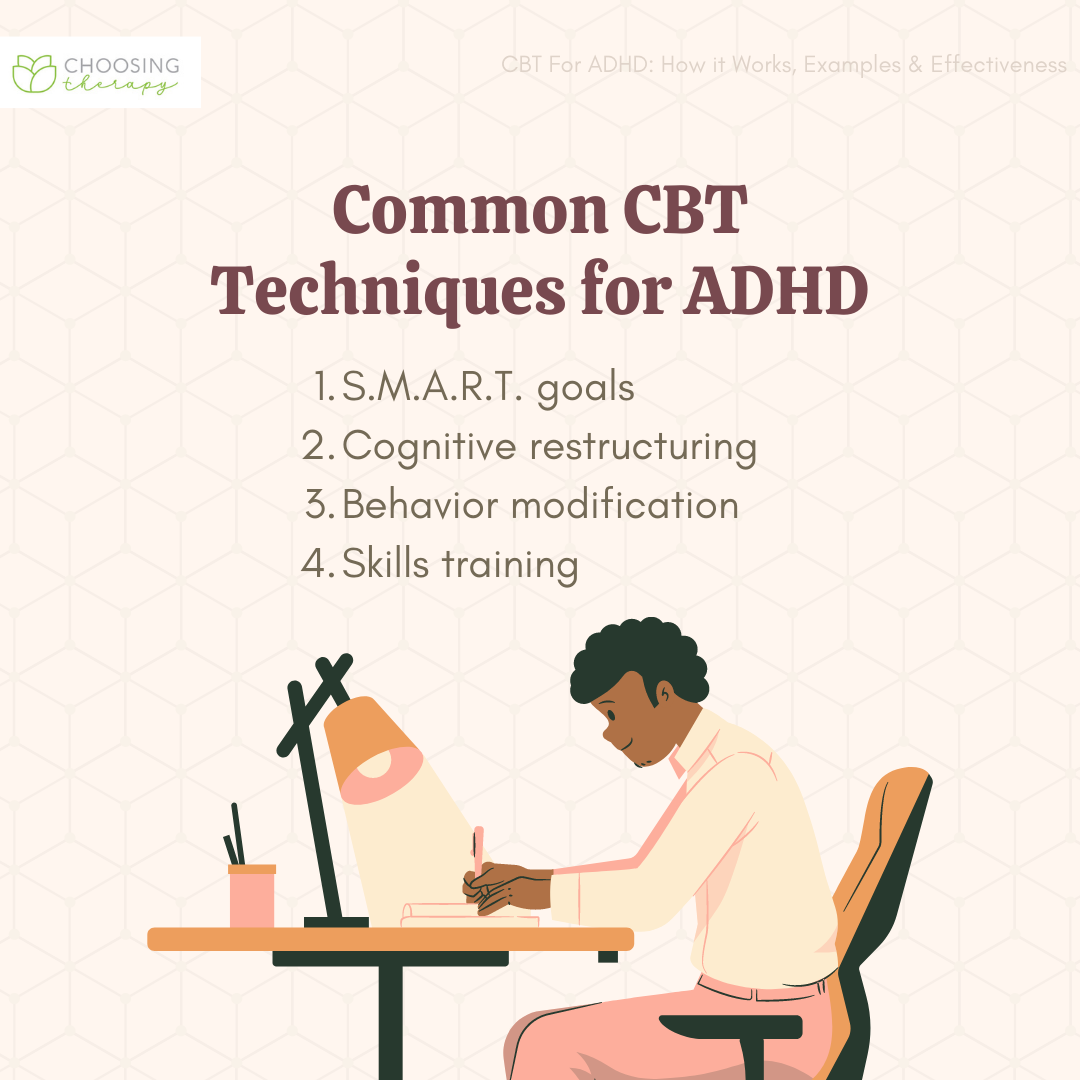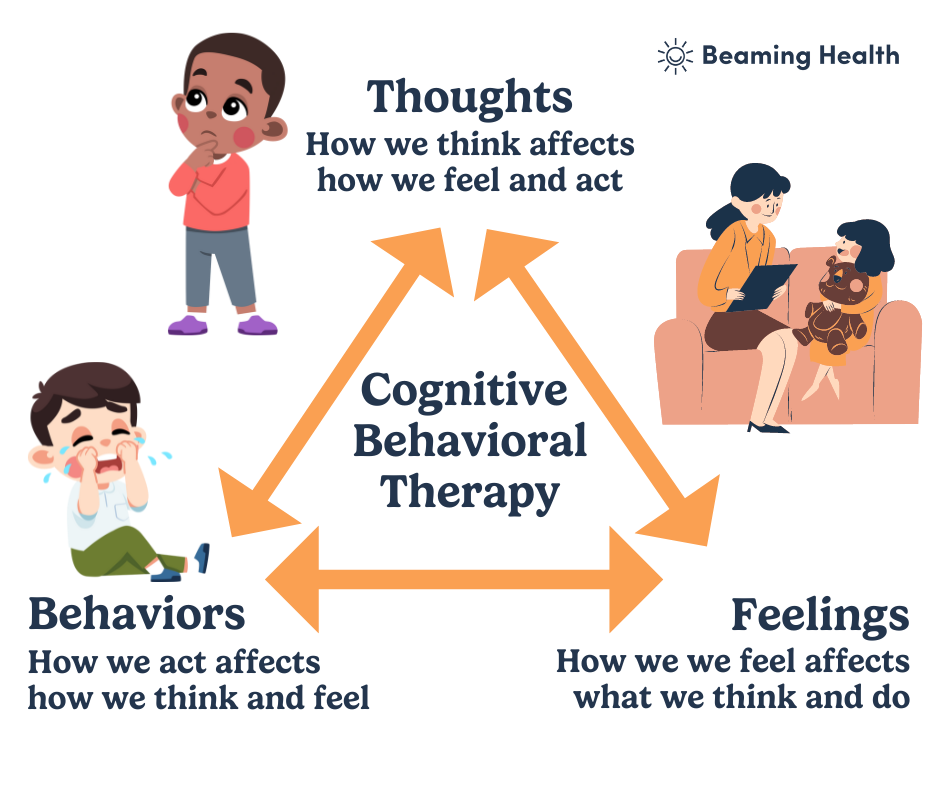
August 7, 2024
Cognitive Behavioral Therapies For The Monitoring Of Chronic Discomfort Usu
Cognitive Behavior Modifications For The Management Of Chronic Pain Usu Nevertheless, this evidence originates from a pilot RCT with a little example dimension (De Jong et al., 2016, 2018). More proof is needed to figure out the general effectiveness of MBI in anxiety, stress and anxiety, pain, and quality of life for populaces with this comorbidity. Results from a single research (Torrijos-Zarcero et al., 2021) indicated considerable distinctions in anxiety, discomfort disturbance, pain approval, discomfort catastrophizing, and self-compassion at post-treatment for MBI compared to CBT.Exploring Cbt Treatment Options For Chronic Pain
One more research study released in the British Journal of Anaesthesia wrapped up that CBT can cause substantial improvements in pain, disability, mood, and quality of life in people with chronic pain. Additionally, CBT can help individuals set reasonable goals for their pain monitoring. By setting attainable goals, individuals can make modern steps towards managing their discomfort effectively and regaining control over their lives. The function of Cognitive Behavioral Therapy hurting administration is substantial and multi-faceted.- The relationship between persistent pain and psychological distress is complicated and bidirectional (Wittchen et al., 2011).
- Conventional discomfort monitoring methods for persistent discomfort include medication, physical treatment, acupuncture, and surgical treatment.
- All authors commented on, modified, and authorized the draft and the final manuscript.
- Not all therapies or solutions defined are covered advantages for Kaiser Permanente participants or used as solutions by Kaiser Permanente.
- Neither of both researches comparing pain disturbance between MBI and TAU at post-treatment (De Jong et al., 2016, 2018; Gardiner et al., 2019) and at follow-up (Gardiner et al., 2019) revealed considerable distinctions.
Recognizing Persistent Pain And Its Effect
There are numerous CBT treatment choices for chronic discomfort, ranging from specific therapy to team treatment and even on the internet programs. By helping individuals alter their adverse thought patterns and develop even more constructive mindsets, CBT can change the discomfort experience. This is where the concern "just how does CBT help chronic pain?" enters into play. The Department of Veterans Matters (VA) supplies Cognitive Behavioral Therapy for Chronic Discomfort (CBT-CP) as an effective treatment for lowering the adverse effects of chronic discomfort on Veterans' lives.Included Review: Psychological Treatments For The Monitoring Of Chronic Discomfort (Leaving Out Migraine) In Adults
For this reason, it is essential to review and take on clinical depression in chronic pain populaces for better treatment outcomes. In general, no significant distinctions between traditional Cognitive Behavior modification and therapy as usual were reported at post-treatment and follow-up in the research studies checking out discomfort strength and discomfort catastrophizing. Previous researches demonstrate that individuals with persistent pain are more probable to experience emotional distress, such as anxiety and anxiety, and people with psychological distress are most likely to report chronic discomfort (Rayner et al., 2016). Ask them about their experience with using CBT to take care of chronic pain in the back. You have to be comfortable dealing with the therapist for the therapy to be successful. For CBT to help reduce discomfort, your Article source treatment goals require to be practical and your treatment should be done in actions. It is sensible to see a couple of pals initially and take brief strolls, maybe simply down the block. It is not practical to reconnect with all of your good friends at one time and walk 3 miles (5 kilometers) at once on your initial trip.How to Move Patients from Passive Management to Active Self-Management - MedCentral
How to Move Patients from Passive Management to Active Self-Management.

Posted: Wed, 05 Jul 2023 07:00:00 GMT [source]

What is the new treatment for chronic discomfort?
A new evaluation paper co-authored by two Johns Hopkins pain specialists recommends that scrambler treatment, a noninvasive discomfort therapy, can produce considerable relief for around 80%& #x 2013; 90% of patients with persistent discomfort, and it might be extra efficient than one more noninvasive treatment: transcutaneous electrical nerve excitement ...
Social Links